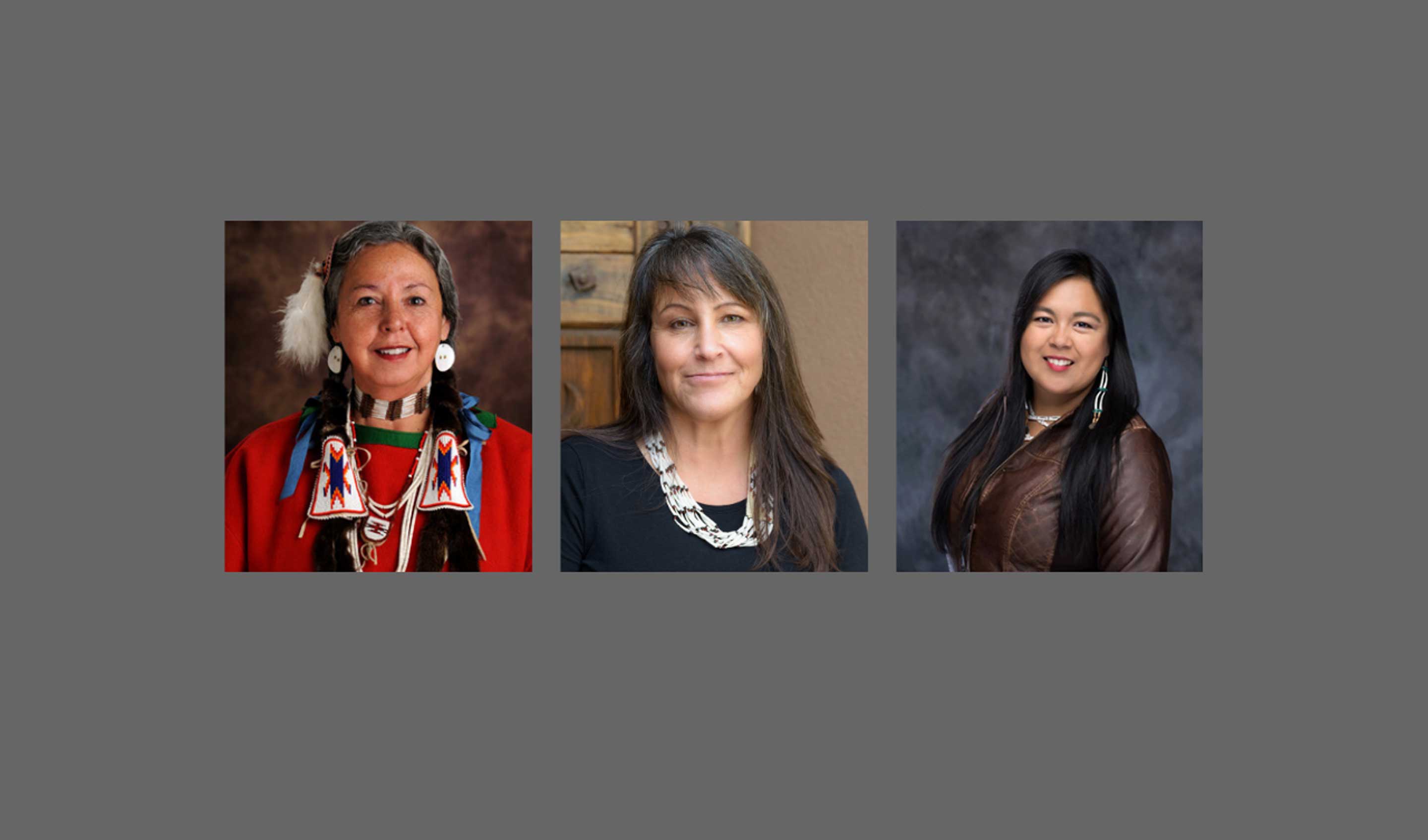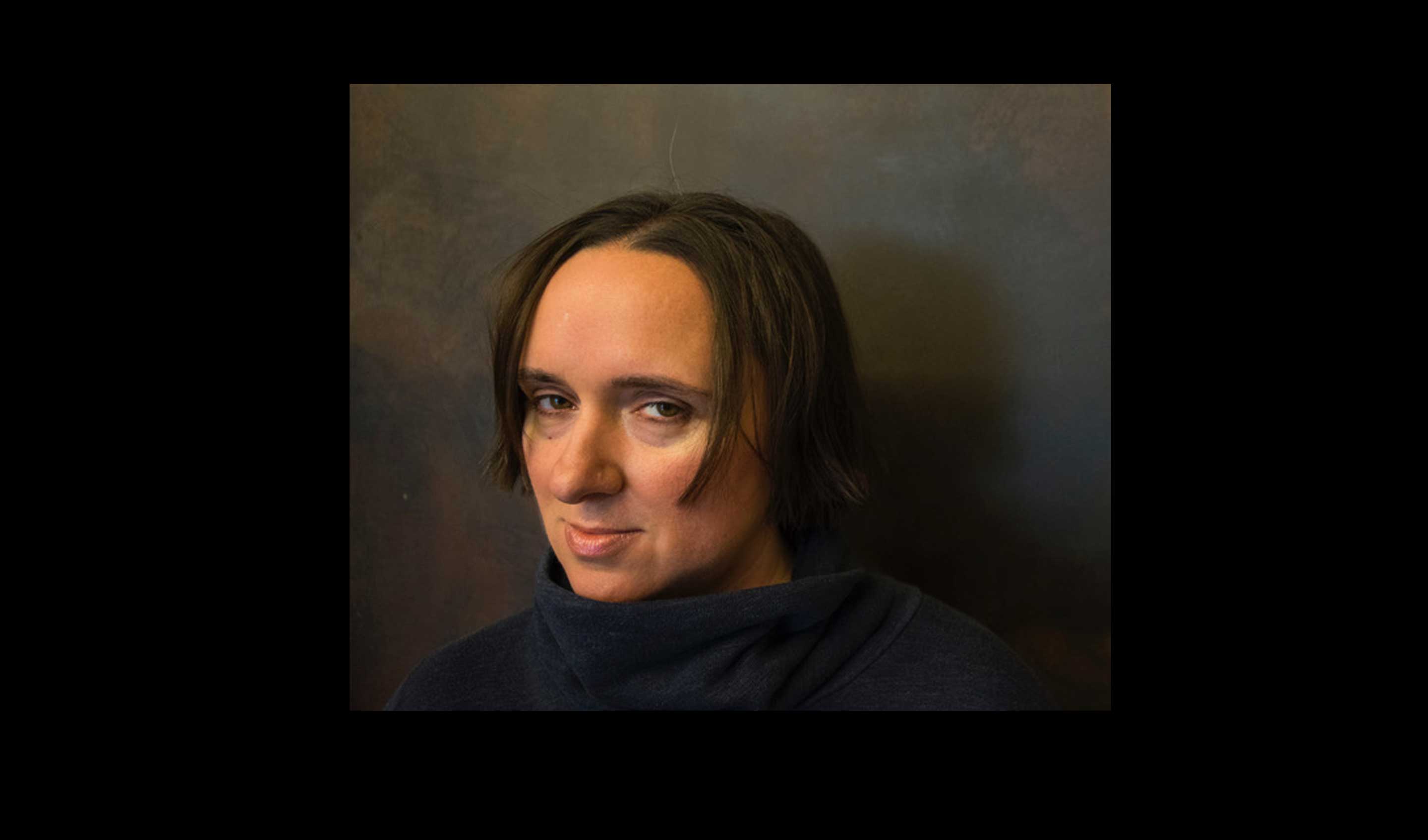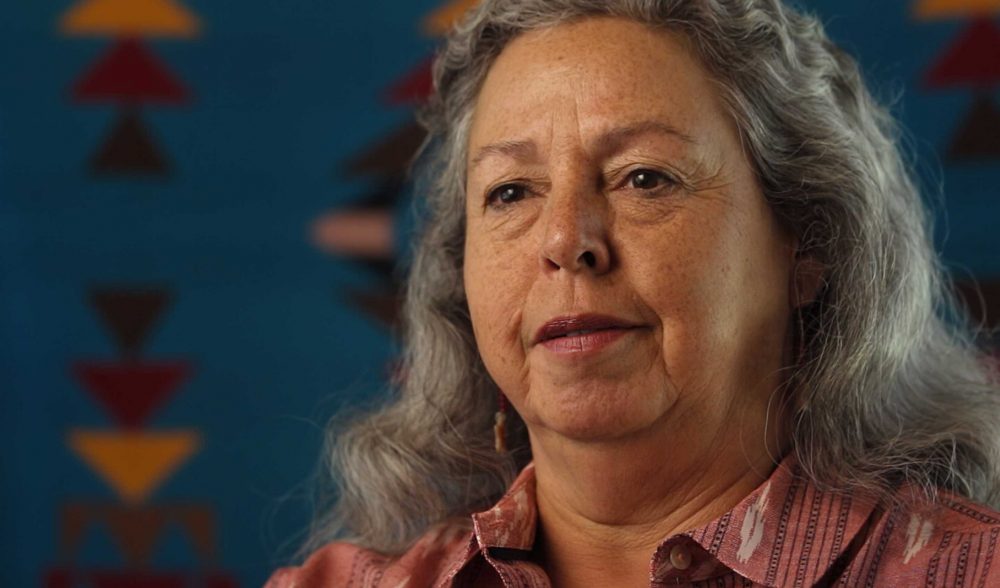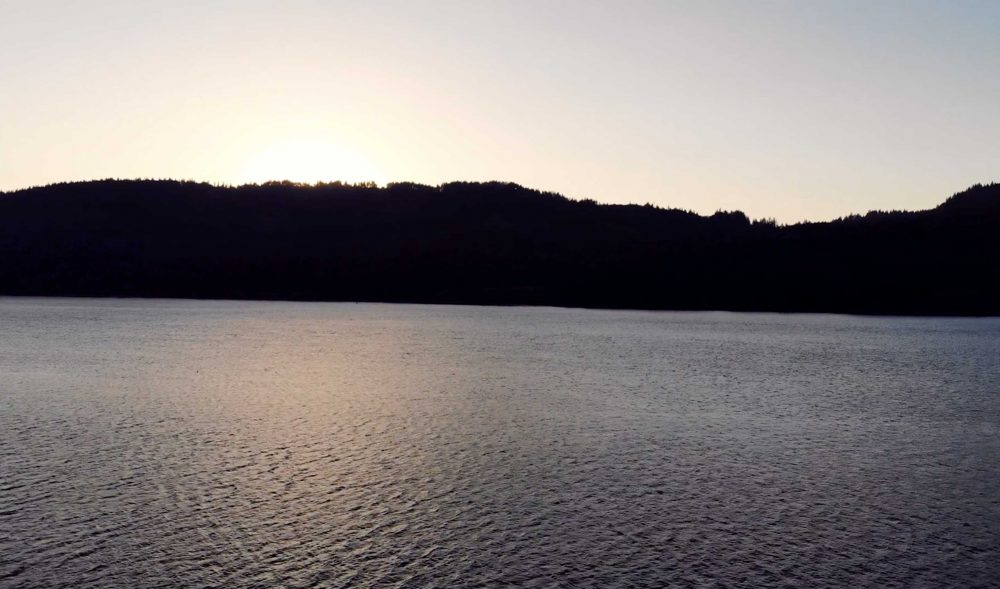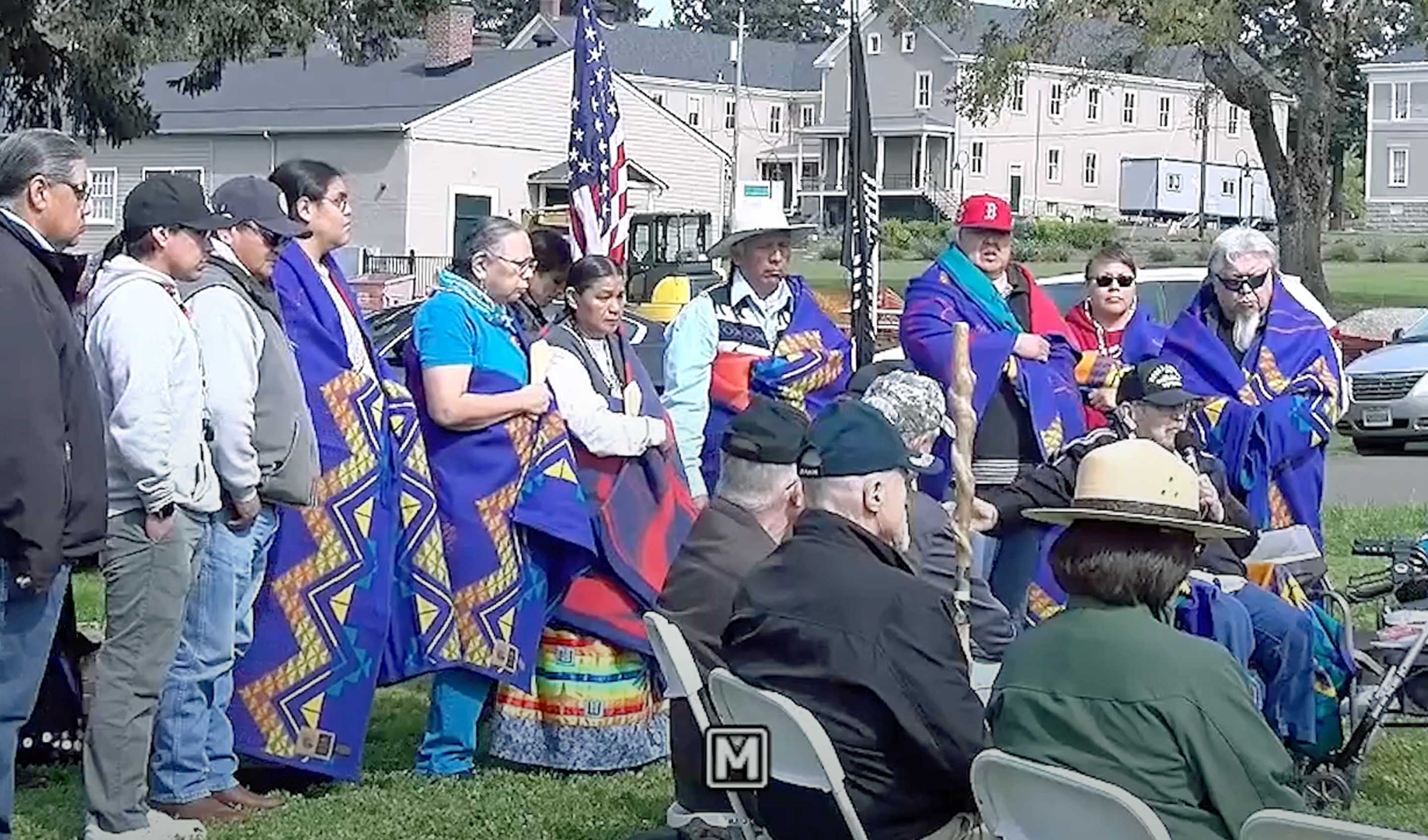Confluence Library
What is the legacy of dams on the Columbia River? What would be the benefit of restoring salmon to the Columbia and reviving the health of the river? These are the questions considered in the latest volume of the Confluence journal Voices from the River
On this episode of the Confluence Story Gathering Podcast we dive into the current cultural discussion on monuments and who tells the stories behind monuments, to ask how do we memorialize our history today?
Today on the Confluence Story Gathering Podcast we explore the concept of monuments with the help of three Indigenous women who live in the Pacific Northwest.
As America re-examines its relationship with history, many of us are taking a new look at the people who have been held up as heroes of our past. Monuments are being replaced, including the statue of Marcus Whitman that is in the US Capitol, soon to be replaced by a statue of fishing rights activist Billy Frank Jr. Writer Sarah Vowell dives into this on the 2nd episode of Season 2 of Confluence Podcast,
America’s relationship with history is changing and, with it, our views of public monuments. In this launch episode of Season 2 of the Confluence Podcast, writer Sarah Vowell talks about how we express our stories and values in public places, and how to find joy in the darkness.
Roberta Conner tells how her grandfather was reintroduced to his homeland and the importance of “stories about the land and how the land takes care of us.”
Confluence is honored to work with eight sovereign tribes from the Columbia River Basin. Each has a vast and rich history and enrolled members continue to maintain cultural, economic and environmental connections to their homelands. Here are some basic facts about each of these tribes with tribal resources to learn more.
Starting in 1998, the Nez Perce Tribe has hosted an annual memorial on the grounds of Fort Vancouver to honor the Redheart Band. This memorial and the history behind it is the subject of today’s program.
In this episode of the Confluence Podcast, we hear from Antone Minthorn, a respected Elder and leader from the Confederated Tribes of the Umatilla Indian Reservation.
In this episode, we hear from Bruce Jim, an Elder with the Confederated Tribes of Warm Springs and fish commissioner with the Columbia River Inter-Tribal Fish Commission


